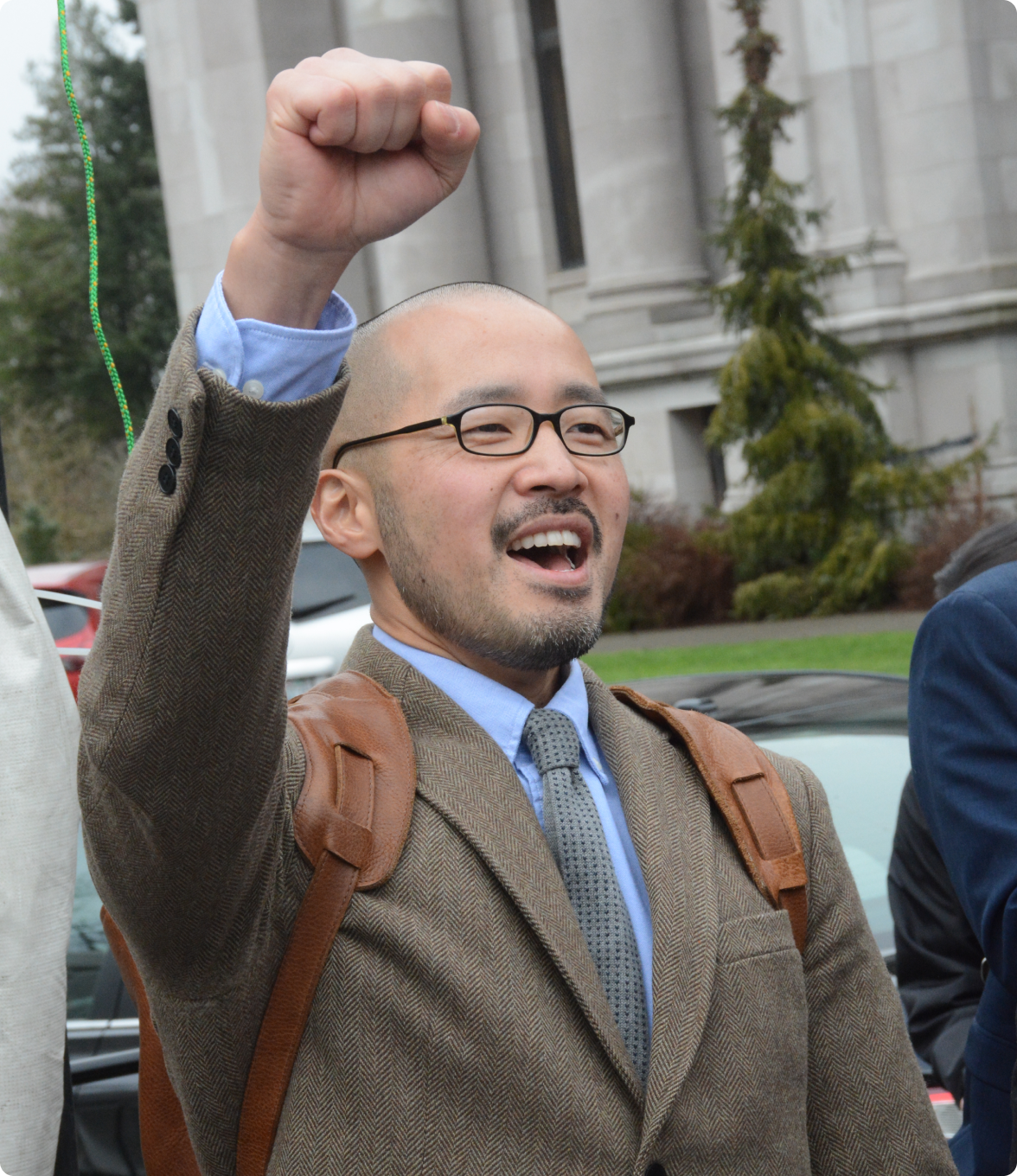ABOUT US
Promoting rights, dignity, and justice for all Asian and Pacific Islander communities


Our History
The Asian and Pacific Islander Coalition of Washington (APIC) was created after the federal welfare reform changes significantly impacted and reduced non citizens’ federal eligibility for public assistance programs.
Recognizing the need for a collective voice advocating for the rights and equity of foreign-born Asian and Pacific Islanders, APIC formed to lobby the Washington State legislature to address the gap created by federal legislation. Over the last quarter of a century, APIC has built on this legacy to bring together Asian and Pacific Islanders including immigrants, refugees, and citizens around Washington state, in order to use our collective strength to empower our community.
APIC currently has seven chapters across Washington State: King County, East King County, Pierce County, Snohomish County, Spokane County, Yakima County, and South Puget Sound.
To achieve our mission, APIC is guided by the following values and behaviors:
Honoring Our History
- Preserving and learning from the past
- Celebrating unique stories, the successes as well as the struggles, pain, and disappointment
Receiving Intergenerational Wisdom
- Cultivating meaningful connections between generations
- Centering youth voices and leadership
Nourishing Community
- Creating spaces for learning, reflection through cultural and spiritual arts and literary expression
- Building with love, compassion, and empathy
- Lifting one another up
Building Power & Solidarity
- Acknowledging that our ancestors are always with us
- Recognizing the interconnectedness of our oppression
- Grounding our work in the struggles of Indigenous communities
Leading With Courage & Passion
- Embracing difference and leaning into discomfort
- Celebrating success and acknowledging the wisdom of failure
Modeling Integrity
- Moving at the speed of trust and consensus
- Valuing transparency
Committing to Equity & Justice
- Centering the voices and lived experiences of oppressed communities
- Addressing Environmental Justice in living and work places; supporting Zero Carbon Impact
- Acknowledging the intersections of privilege and oppression
- Fighting against white supremacy through an anti-racist lens
